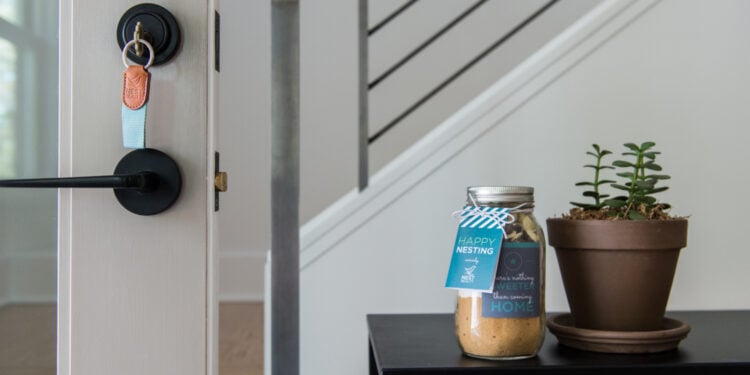Thinking of buying a home in a subdivision? If you haven’t lived in a “planned unit development” or subdivision before, and are thinking of purchasing in a community with rules and regulations, it’s important to understand them before signing a contract. Planned communities typically have homeowner’s associations, with policies that may govern everything from the number and types of pets you may have to where you put your garbage barrel. Here are some key items to investigate before a purchase.
What are the HOA dues, and what do they cover? Typically in a community of single-family homes, dues will cover common area maintenance, and any amenities the community offers, such as a playground or pool. With townhomes, HOA dues will also typically cover exterior maintenance, including siding and roofs, and exterior grounds maintenance, as well as more insurance coverage. Purchasing a condo? These HOA dues are typically highest and cover the most, since with a condo you own “what’s inside the walls” and the community owns the rest. So higher dues for more maintenance and insurance.
Community rules and regs can differ extensively by neighborhood; often the more dense the community (and newer) the more strict the policies. Be sure to review them before making an offer.
Restrictive covenants will outline what can and cannot be done by each property owner at and with their residence, as well as what’s allowed in the community generally. If there’s anything particularly important to you, from having three dogs to a home office, be sure to read the covenants thoroughly for any policies related to those personal touch points.
By-laws typically lay out the terms of board members, how assessments are established, and how often and by how much dues can be increased. So be sure to check the by-laws as well as the covenants, so you understand potential dues increases, among other items. By-laws may also outline minimum capital contributions or financial holdings, and you should be able to request the community’s financial statements of solvency if this is of interest to you.
Special assessments are mandatory payments beyond regular dues and happen irregularly. Typically a special assessment will go toward a community amenity in a single-family community, like replacing playground equipment or dredging a pond. In a townhome or condo community, there may be special assessments for building maintenance items such as new roofs, painting the siding, or replacing decks. Special assessments, if known at the time of purchase, must be disclosed, and in North Carolina, are the responsibility of the seller to pay on or before closing.
Many planned communities also have Architectural Review Boards (ARBs). The ARB is a group of individuals that approve or reject submitted plans for additions such as fences and sheds, and changes such as siding and door colors. For example, many ARBs have restrictions on where fences can be located and of what materials they can be constructed, and typically an owner will need to submit information about placement (via a survey) and materials to have it approved. In more restrictive communities, the adjoining neighbors’ approval may also be required before the application can be approved.
If you are considering a property with an ARB process, it can be smart to tee up an application while you are under contract, since often ARBs have up to thirty days to respond to a request. That way you’ll be further along when you close on your home and can implement the changes more expediently.
Life in a subdivision has many advantages. With an active HOA, you can feel confident that properties will be maintained and that there will be a standard in finishes and cohesion in the feel of the neighborhood. Researching everything HOA — from covenants to ARBs and special assessments — is a great way to ensure your needs and lifestyle mesh with the community you are considering. Here’s to your house!
–With 20 years in real estate and three decades in the area, Wendy knows the ins and outs of local communities. Contact her and learn more on her agent bio page here.
